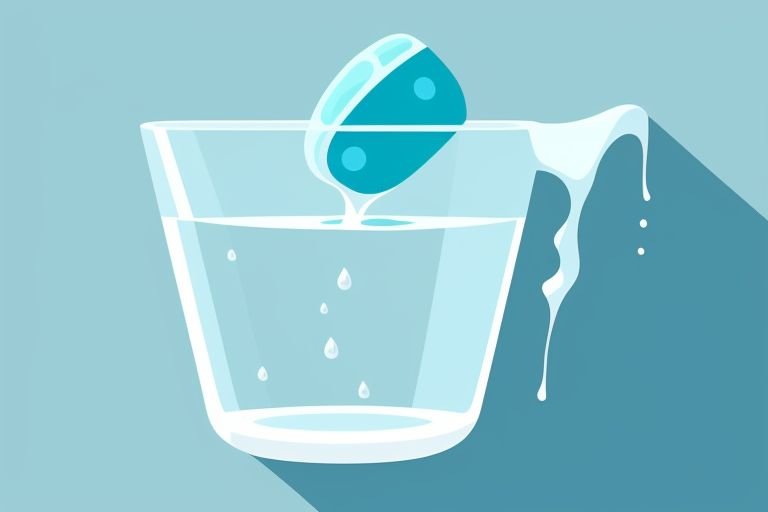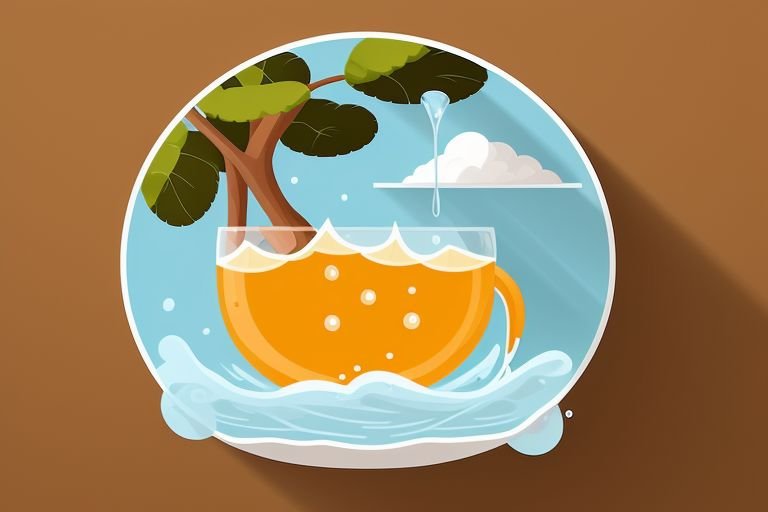A guide to healthy hydration habits
Hydration: Smart habits for curing thirst

Starting your day with a glass of light saltwater for hydration? It might not be the healthiest choice. In fact, it can worsen dehydration and leave you feeling dry. The morning marks the body’s first blood pressure peak. So, consuming saltwater can elevate blood pressure. It also posing additional risks for the elderly.
The need for light saltwater arises only after heavy sweating, diarrhea, or vomiting from strenuous activities. This is because it helps to restore the balance of salt and electrolytes inside and outside blood vessels.
Effective ways to stay hydrated

- Proactive water intake
- Don’t wait until you’re thirsty. By the time you feel thirsty, your body has already lost at least 1% of its water.
- Also, carry a water bottle with you throughout the day.
2. Moderate and frequent consumption
- Drink water in small amounts regularly. Approximately 200 ml (1 cup) each time.
- Can avoid affecting digestion.
- Can also lessen the burden on the heart and kidneys.
3. Strategic timing
- Spread your water intake throughout the day.
- Also, drinking a glass of water in the morning on an empty stomach. Because this can reduce blood viscosity.
- Doing the same before bedtime: prevent increased blood viscosity at night.
4. Choose plain water

- Opt for plain water over alcoholic or high-sugar beverages. This is because they can lead to increased water loss.
- Consider for sports drinks with electrolytes after intense physical activity.
5. Daily hydration goals
- At least 1500 ml (about 7-8 glasses) for women
- At least 1700 ml (about 8-9 cups) for men
- However, adjustments should be made for higher temperatures or increased physical labor.
6. Include fruits and vegetables
- Incorporate fruits and vegetables into your diet.
- They provide carbohydrates and contribute to oral health and hydration.
Conclusion

Developing a regular and sufficient water intake habit is crucial. If persistent thirst persists, seeking medical attention promptly. Early detection can help in the treatment of underlying health issues.
Leave a Reply